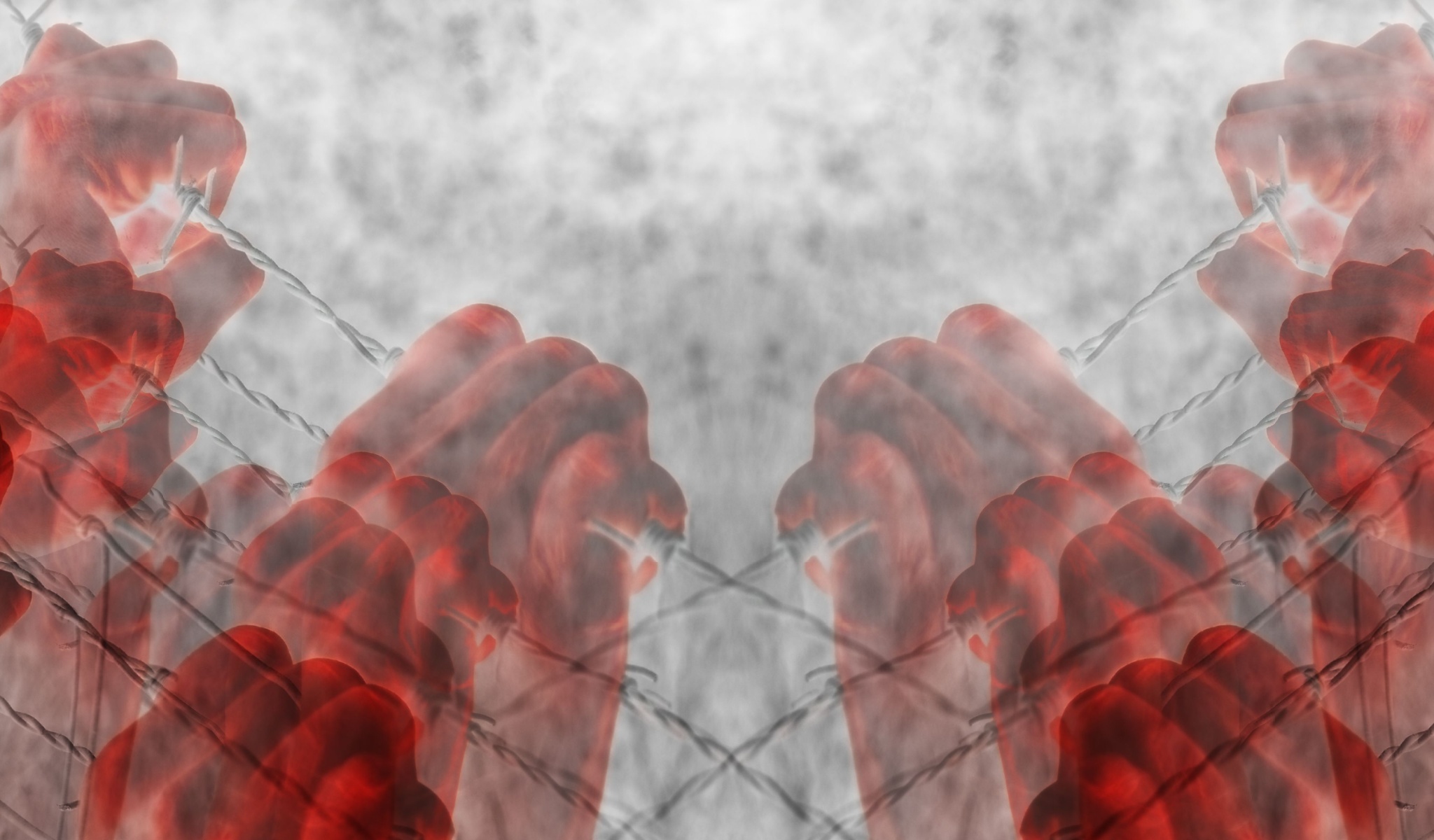Contrary to popular belief, fascism does not represent counterrevolutionary or reactionary opposition to progressive ideas in the name of tradition. Many thinkers advanced this mistaken interpretation during the postwar periodThe common mistake of all these interpretations involves generalizing the idea of fascism to include any movement that is either authoritarian or inclined to defend the past. This interpretation stems from an axiological faith (that is precisely the right word) in the value of modernity in the wake of the French Revolution.
Modernity is taken to be an inevitable and irreversible process of secularization and human progress, in which the question of transcendence — whether broadly Platonic or Christian — has entirely vanished, and in which novelty is synonymous with positivity. Progress rests upon the ongoing expansion of technology and individual autonomy. Everything, including knowledge, becomes a tool to pursue affluence, comfort, and well-being.
According to this faith in modernity, to be good is to embrace the progressive direction of history; to be evil is to resist it. Since fascism is clearly evil, it cannot be a development of modernity itself but must be “reactionary.” On this view fascism includes all those who fear worldly progress, have a psychological need for a strong social order to protect them, venerate and idealize a past historical moment, and so endow a leader with immense power to instantiate this.
Fascism understands itself to be a revolutionary and progressive manifestation of power. As in communism, fascism replaces traditional religious principles with a secular religion in which the future — rather than an idealized past or meta-historical ideals — becomes an idol. Politics replaces religion in the quest to liberate humankind. Contrary to popular characterizations, fascism makes no attempt to preserve a heritage of traditional values against the advance of progress (one only has to look at fascist architecture for confirmation of this). Instead, it proceeds as the unfolding in history of a wholly novel and unprecedented power.
A long read about fascism and anti-fascists. Either end is troublesome.













